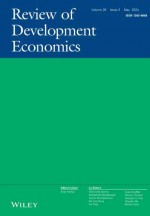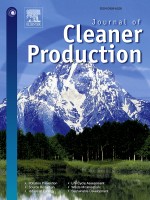PNAS
Robert K. Kaufmann, Michael L. Mann, Sucharita Gopala, Jackie A. Liederman, Peter D. Howe, Felix Pretis, Xiaojing Tang, and Michelle Gilmore Published online before print December 19, 2016, doi: 10.1073/pnas.1607032113 PNAS December 19, 2016
View Journal Article / Working PaperIn this paper, the authors postulate that skepticism about climate change is partially caused by the spatial heterogeneity of climate change, which exposes experiential learners to climate heuristics that differ from the global average. This hypothesis is tested by formalizing an index that measures local changes in climate using station data and comparing this index with survey-based model estimates of county-level opinion about whether global warming is happening. Results indicate that more stations exhibit cooling and warming than predicted by random chance and that spatial variations in these changes can account for spatial variations in the percentage of the population that believes that “global warming is happening.” This effect is diminished in areas that have experienced more record low temperatures than record highs since 2005. Together, these results suggest that skepticism about climate change is driven partially by personal experiences; an accurate heuristic for local changes in climate identifies obstacles to communicating ongoing changes in climate to the public and how these communications might be improved.




